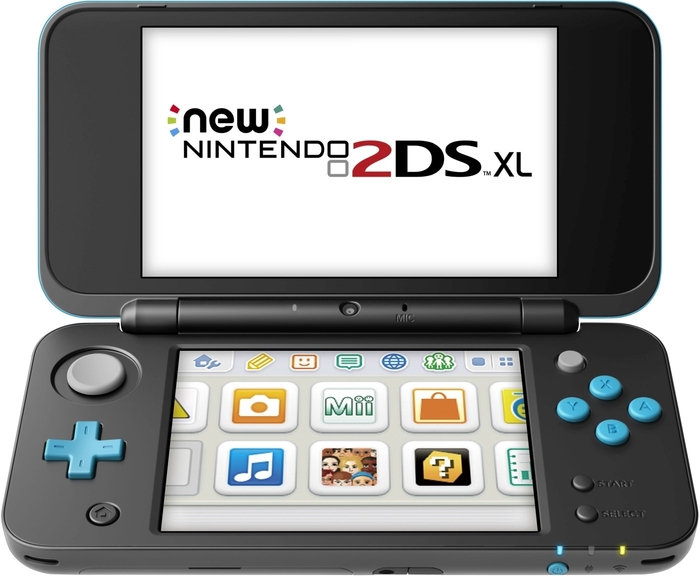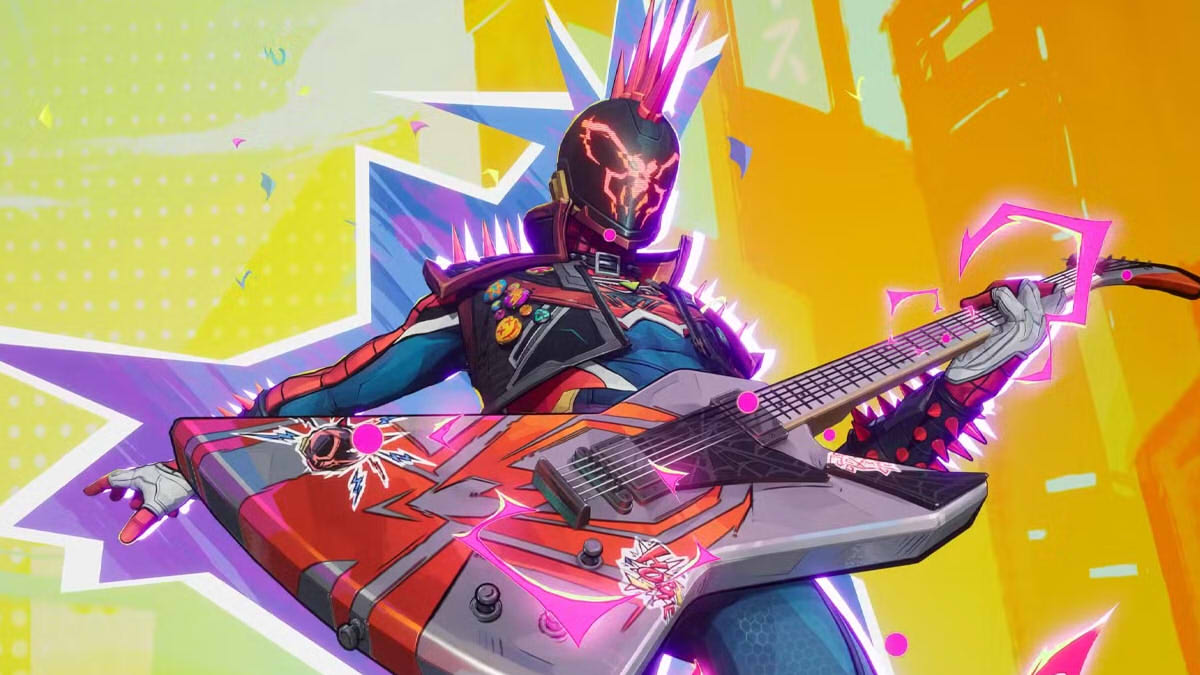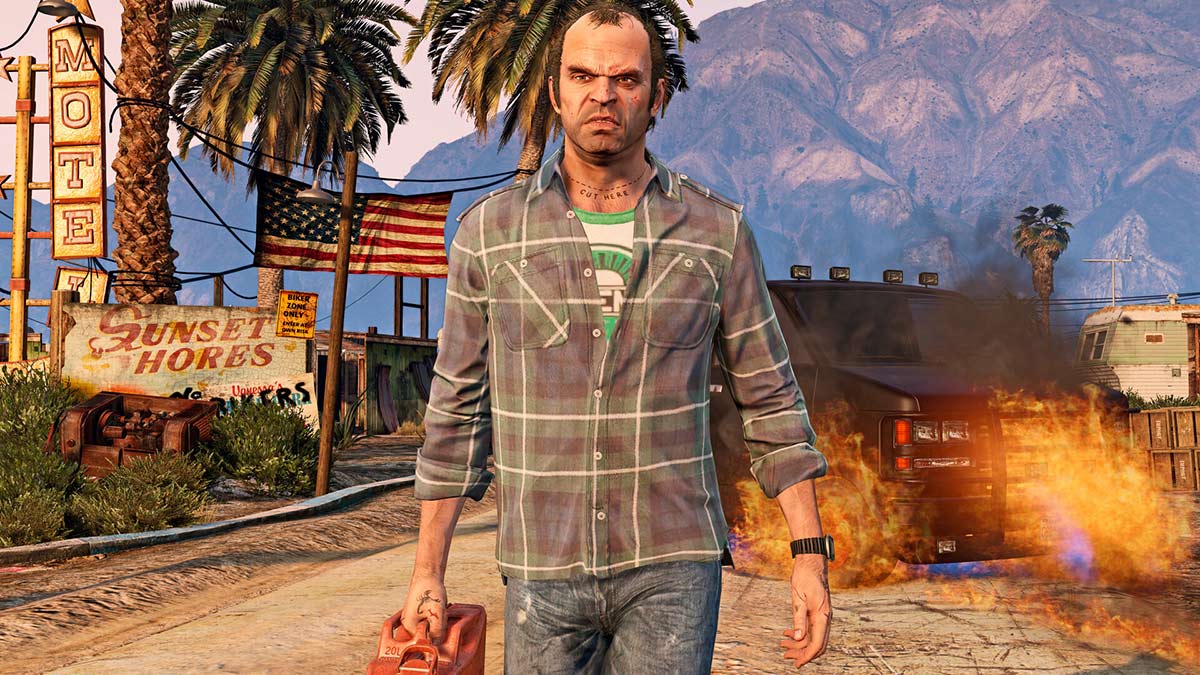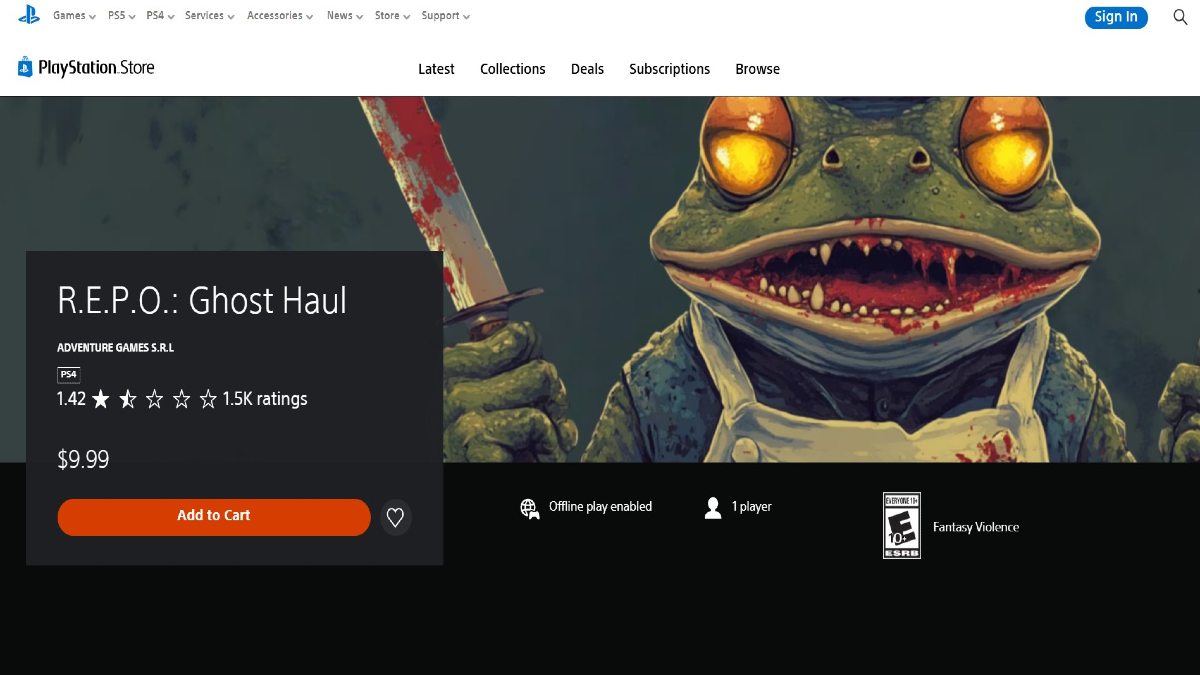Ever since Nintendo released the Game Boy in 1989, the company has dominated the dedicated handheld gaming market while also being one of the big three producers of dedicated home games consoles. The Nintendo Switch, however, is both a handheld and home gaming device, and some analysts have now told Bloomberg they believe that means the end is nigh for long-running two-device strategy, which is currently taking the form of the Switch and the 2/3DS line of products.
“The 3DS will hang around for a few years because of the big install base, but ultimately the goal is for the Switch to become their one and only platform for hardware,” Tokyo-based Macquarie analyst David Gibson said. “It’s part of the biggest evolution to the company in three decades.”
For its part, Nintendo has taken care to communicate that it does not intend to replace its handheld line with the Switch. Last month, Nintendo of America COO and President Reggie Fils-Aime stated that the Nintendo 3DS was here to stay and that Nintendo would continue supporting it “well into 2018 and beyond.”
Nintendo CEO Tatsumi Kimishima threw his own weight behind supporting the two-line strategy during a shareholder meeting in June. “We understand that Nintendo Switch is diversifying the way people play games,” he said at the time. “We hope to provide as many different ways to play as possible for both our home console and handheld systems.”
Further, the company is preparing to release its latest iteration of the handheld, the New Nintendo 2DS XL, in North America later this month. Nintendo even announced new major releases, like Metroid: Samus Returns and Nintendo Mario & Luigi: Superstar Saga + Bowser’s Minions, for the platform at last month’s E3.
But analysts aren’t buying it. Seth Fischer of Oasis Management Co., a hedge fund that’s invested in Nintendo since 2013, sees the Switch eventually becoming Nintendo’s single hardware line. Fischer said he was “happy” to see Nintendo moving in this direction and thinks it will encourage more gamers to pick up a Switch and some households to buy multiple units.
Still, not everyone thinks Nintendo can enjoy the kind of runaway success it did during the heyday of the Wii and DS, the two most successful pieces of hardware the company has ever released, by selling just a single line of hardware. The Switch may be very popular, having bested Nintendo’s own sales projections for its first month by 700,000 units in reaching 2.7 million sales and spurring Nintendo to re-forecast to its year one projection to 10 million units sold, but reaching nearly 255 million lifetime sales is a tall order for any one device.
“There are those who say because the Switch is a hybrid console, it can do more volume,” said CLSA Tokyo analyst Jay Defibaugh. “Wii and DS probably double-sold into the same households, which suggests the Switch can’t do those kinds of numbers.”
In any case, Nintendo seems to be moving to a one-device strategy that will be supported by releasing games for mobile phones, the market for which has significantly cut into that of dedicated handheld games platforms. Nintendo may not stop selling two hardware lines this year or even next, but many believe that is the company’s ultimate long-term strategy.
MORE NEWS
- Legendary Pokemon Raids Are Finally Coming to Pokemon GO
- “Netflix Allowed Us to Make Our Vision a Reality,” Says Castlevania Producer
- Incredibly Rare NES Game Sells for a Whopping $40,000













Updated: Jul 20, 2017 10:43 am